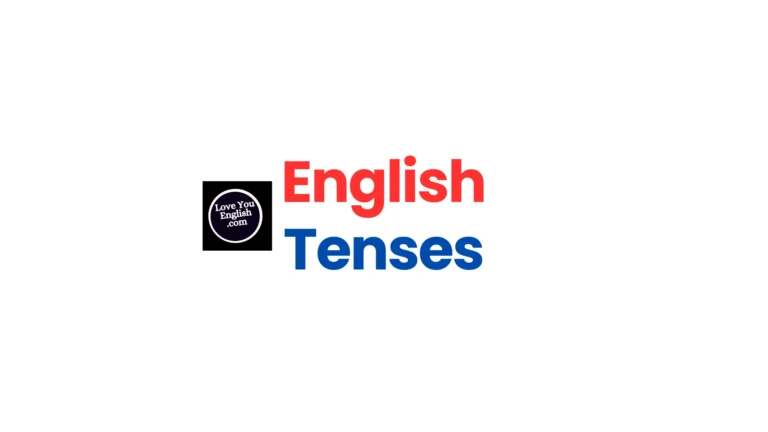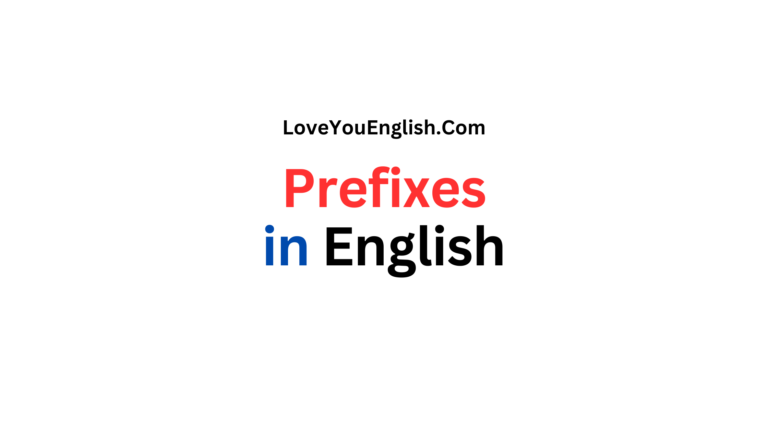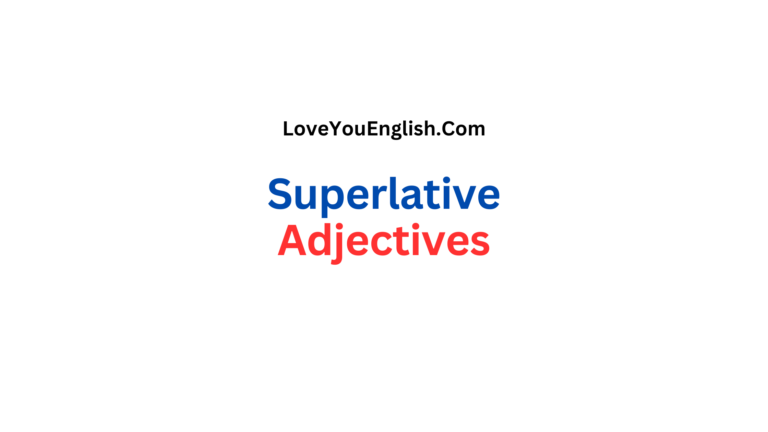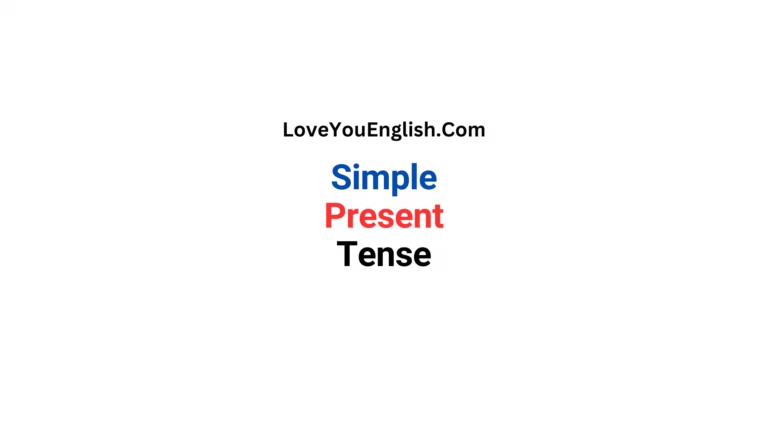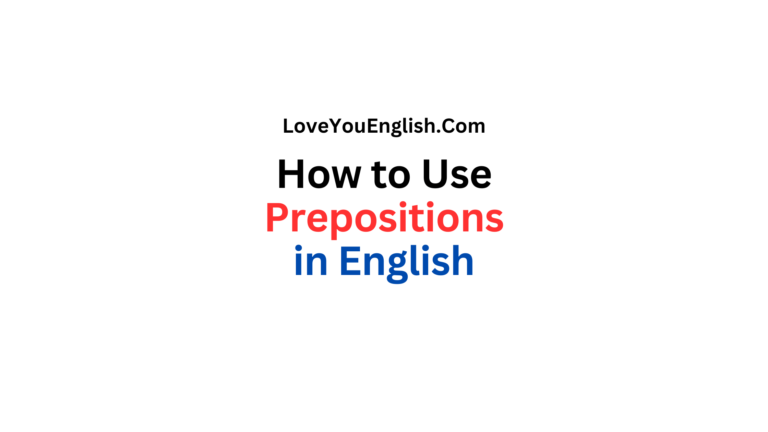Question Words in English and How to Use Them
Interrogative words are like the keys to asking questions in English.
These small but mighty words—who, what, where, when, why, which, and how—help us find out important stuff.
Whether you’re really good at English or still learning, knowing these words is super important for talking to people.
In this post, we will explore the fascinating world of question words, learning about how they are used, their different meanings, and how to create interesting questions.
I will go over each question word thoroughly, give real-life examples, and share advice on how to use them in different situations.
After reading this, you will have a good understanding of these important parts of English grammar and be on your path to becoming an expert questioner.
The Importance of Interrogative Words
Before we dive into the specifics of each interrogative word, let’s take a moment to appreciate their significance in language and communication:
Gathering Information
Interrogative words are our primary tools for seeking information. They allow us to fill gaps in our knowledge, clarify misunderstandings, and learn about the world around us.
Fostering Critical Thinking
By encouraging us to ask questions, interrogative words promote critical thinking and analytical skills. They push us to explore topics more deeply and consider different perspectives.
Enhancing Conversation
Skillful use of interrogative words can make conversations more engaging and interactive. They help us show interest in others and maintain the flow of dialogue.
Improving Writing
In writing, interrogative words can be used to create rhetorical questions, engage readers, and structure arguments effectively.
Now, let’s explore each interrogative word in detail.
Who: Inquiring About People
The interrogative word “who” is used when we want to ask about a person or people.
Basic Usage
- Who is your best friend?
- Who wrote this book?
- Who will be attending the meeting?
Advanced Applications
“Who” can be used in more complex structures:
Avoid using “who” for objects or animals. Use “what” instead:
Tips for Effective Use
More grammar topics:
- Understanding the Second Conditional Sentence: A Guide
- Important English Grammar Rules
- The Importance of English Grammar
- What Are Irregular Verbs? A Simple Explanation
- Modal Verbs – Meaning, Usage & Examples
What: Inquiring About Things and Ideas
“What” is a versatile interrogative word used to ask about objects, concepts, or actions.
Basic Usage
Advanced Applications
“What” can be combined with prepositions for more specific inquiries:
-
- What about trying a new restaurant tonight?
- What for did you buy that expensive gadget?
Avoid using “what” when asking about a choice between specific options.
Use “which” instead:
-
- Incorrect: What shirt should I wear, the blue one or the red one?
- Correct: Which shirt should I wear, the blue one or the red one?
Tips for Effective Use
Where: Inquiring About Places and Locations
“Where” is used to ask questions about place, position, or direction.
Basic Usage
Advanced Applications
“Where” can be combined with prepositions for more specific location-based questions:
-
- Where from did you get that information?
- Where to should we go after dinner?
Don’t confuse “where” with “were” (past tense of “are”):
Tips for Effective Use
- Use “where” to inquire about both physical and metaphorical locations.
- “Where” can be used in idiomatic expressions: “Where on earth have you been?”
When: Inquiring About Time
“When” is used to ask questions related to time, dates, or occasions.
Basic Usage
Advanced Applications
“When” can be used to ask about conditions or circumstances:
Avoid using “when” for questions about duration. Use “how long” instead:
Tips for Effective Use
Why: Inquiring About Reasons and Causes
“Why” is used to ask about reasons, causes, or purposes.
Basic Usage
- Why did you choose this career?
- Why is the sky blue?
- Why are you learning English?
Advanced Applications
“Why” can be used rhetorically to make a point or express emotion:
Don’t use “why” when asking about a method or process.
Use “how” instead:
-
- Incorrect: Why do I solve this math problem?
- Correct: How do I solve this math problem?
Tips for Effective Use
Which: Inquiring About Choices
“Which” is used when asking about a choice between specific options.
Basic Usage
- Which color do you prefer, blue or green?
- Which of these books have you read?
- Which route should we take to the airport?
Advanced Applications
“Which” can be used with “ever” to emphasize a lack of preference:
-
- Whichever option you choose, I’ll support your decision.
Don’t use “which” for open-ended questions. Use “what” instead:
Tips for Effective Use
How: Inquiring About Manner, Degree, or Extent
“How” is a versatile interrogative word used to ask about methods, processes, or states.
Basic Usage
- How do you make this dish?
- How are you feeling today?
- How much does this cost?
Advanced Applications
“How” can be combined with adjectives or adverbs for more specific inquiries:
Avoid using “how” when asking about reasons.
Use “why” instead:
Tips for Effective Use
Combining Interrogative Words
To ask more complex or specific questions, interrogative words can be combined or used with other words.
Examples of Combinations
- Who else is coming to the party?
- What kind of music do you like?
- Where exactly did you leave your keys?
Tips for Effective Combinations
Interrogative Words in Different Contexts
Interrogative words can be used in various contexts beyond simple questions.
- I wonder who left this package.
- Could you tell me where the restroom is?
- She asked me when the meeting would start.
In Exclamations
- What a beautiful day!
- How wonderful to see you again!
- Why do we even bother?
- Who knows what the future holds?
Final Thoughts:
Learning question words is really important if you want to get better at English.
They help us ask for information, have interesting talks, and show we’re curious about things.
If you know how to use each question word correctly and practice using them in different situations, you can improve your English communication a lot.
Don’t forget that asking good questions is more than just saying the right things; it’s also about really listening, being interested, and respecting different cultures.
The more you practice using question words, the better you’ll get at connecting with people and learning new things.
If you’re a student, a grown-up, or just want to get better at English, knowing how to use question words will help you in lots of different situations.
So, ask questions, find out new things, and keep learning – there’s so much interesting stuff out there just waiting for you to discover by asking the right questions.


